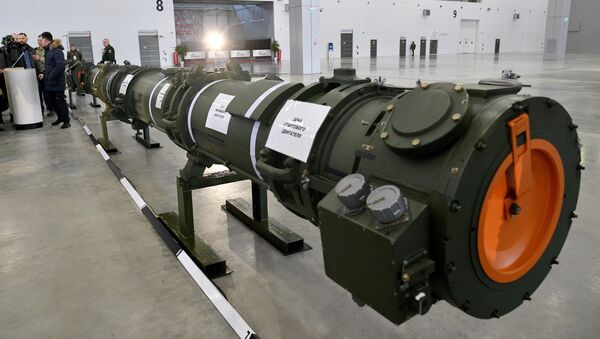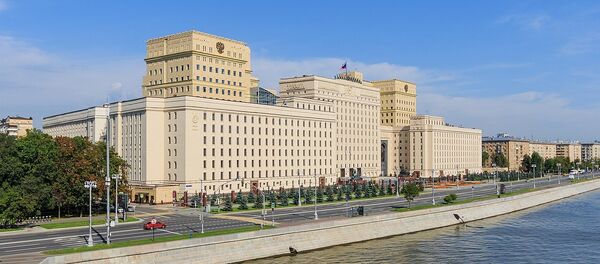Russia may preserve the 1987 Intermediate-Range Nuclear Forces (INF) Treaty if it moves its new 9M729 missiles to the east of the mountain range that divides Europe from Asia, the German newspaper Frankfurter Allgemeine reports.
The newspaper cited Christian Democratic Union (CDU) member Roderich Kiesewetter and Rolf Mutzenich from the Social Democratic Party of Germany (SPD) as saying that the 9M729 missiles should be deployed to "the other side of the Ural Mountains so that they cannot reach Europe".
READ MORE: From 'Bad News' to 'Full Support': How World Powers Reacted to INF's Collapse
According to them, the implementation of such a plan would help the sides "build trust" and allow the US to resume a dialogue with Moscow.
Both politicians argued that "for its part, Washington could allow Moscow to inspect US interceptor missiles in Romania".
At the same time, they noted that the possible redeployment of Russian missiles should be carried out in a verifiable way in order to exclude the possibility of their sudden transportation closer to EU borders.
READ MORE: INF Treaty is More Important Than US-Russia Bilateral Relations' – Scholar
On 2 February 2019, the US State Department announced that Washington has suspended its obligations under the INF Treaty, adding that the withdrawal process will be complete within six months.
Earlier, German Chancellor Angela Merkel made it plain that she would continue talks to preserve the landmark treaty, while German Foreign Minister Heiko Maas tweeted that without the INF Treaty, the world will become less safe.
The US has repeatedly claimed that Russia is violating the treaty by testing 9M729 (NATO reporting name SSC-8) missiles at ranges banned by the agreement. Russia has refuted the accusations, insisting that the missile's maximum range of 480km is in line with the INF Treaty requirements.




